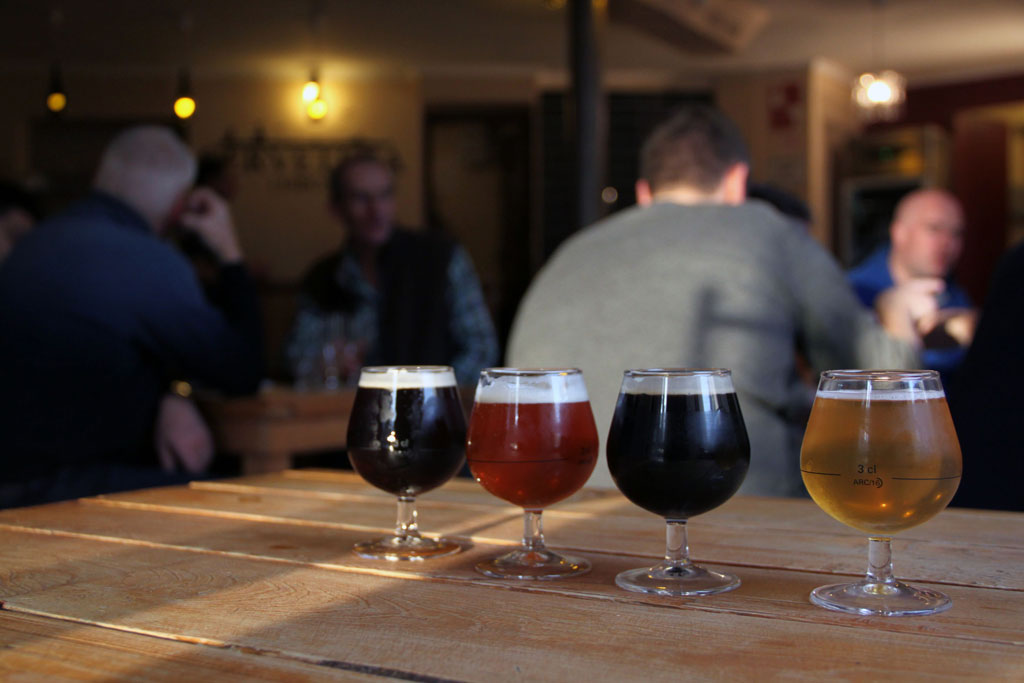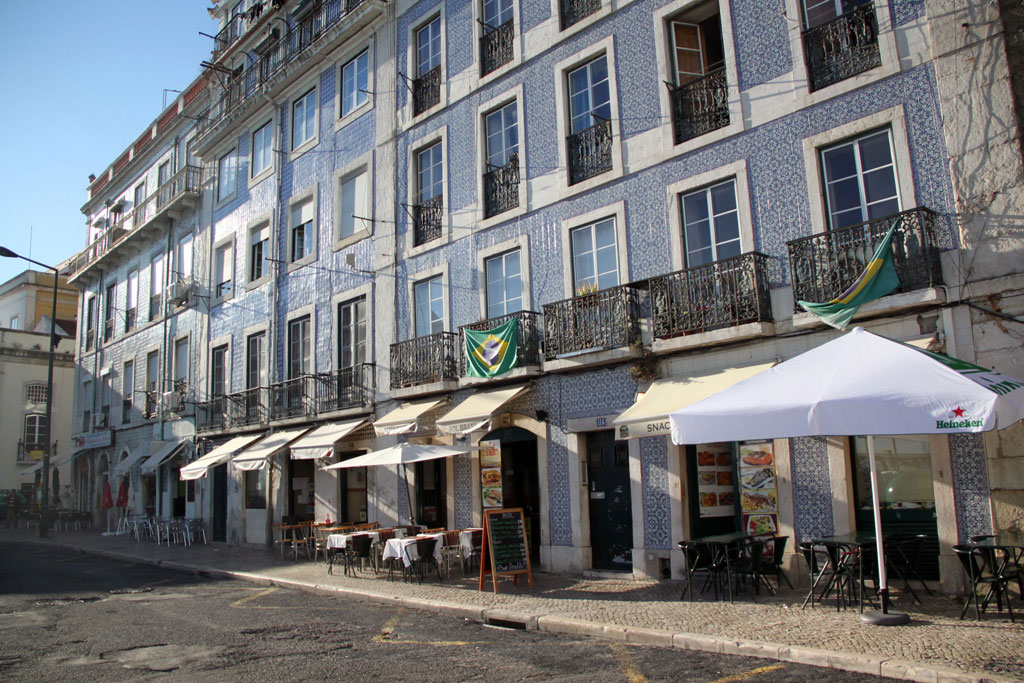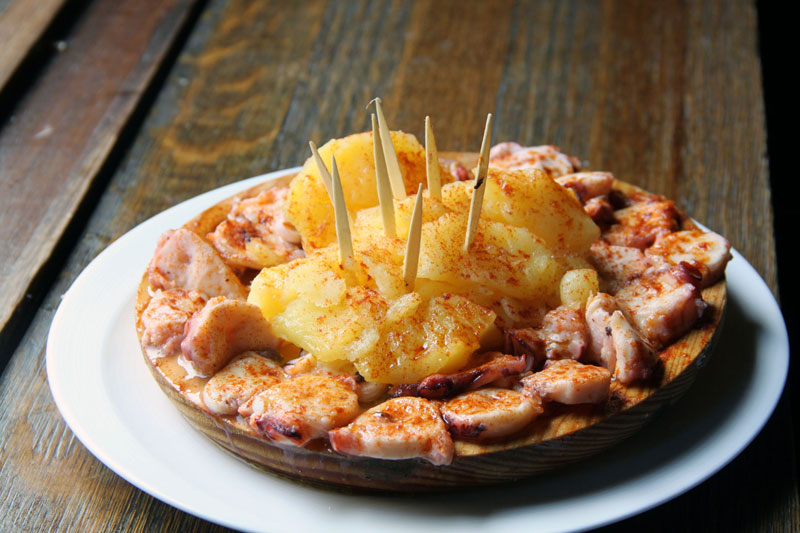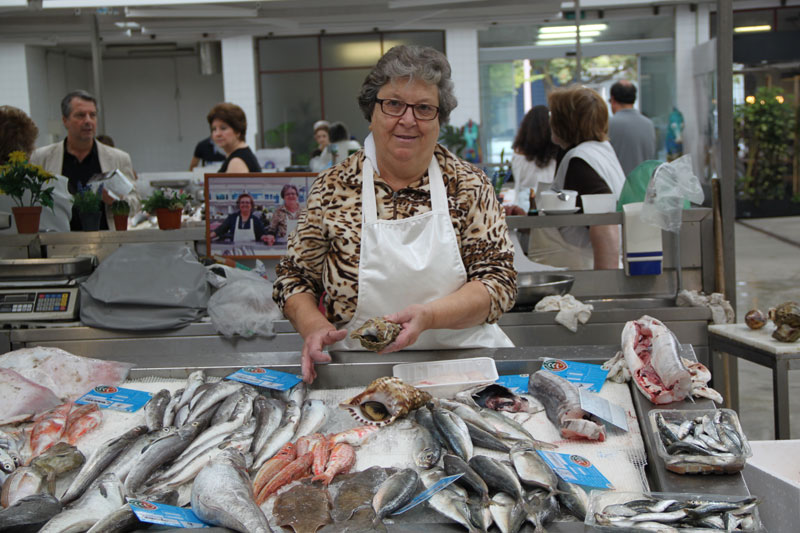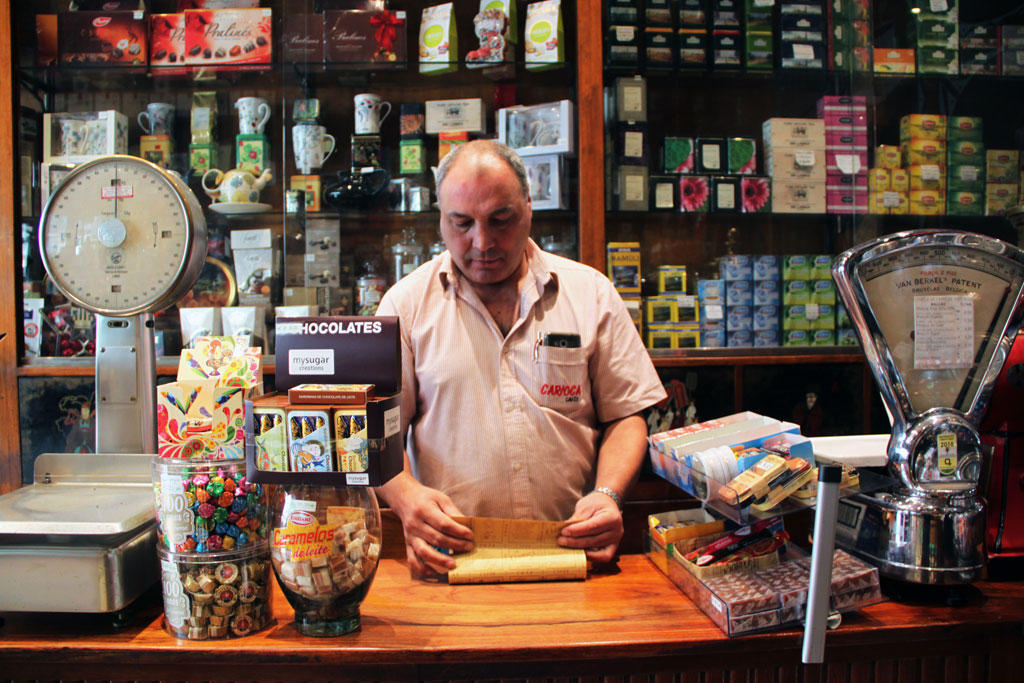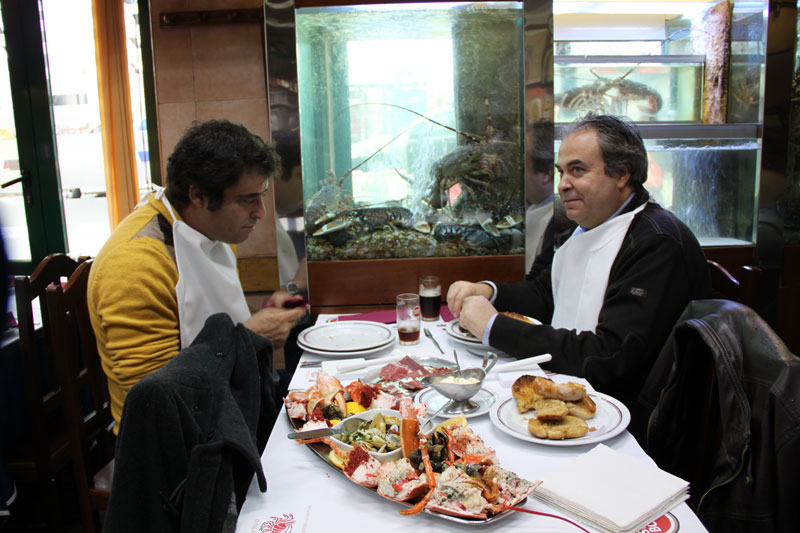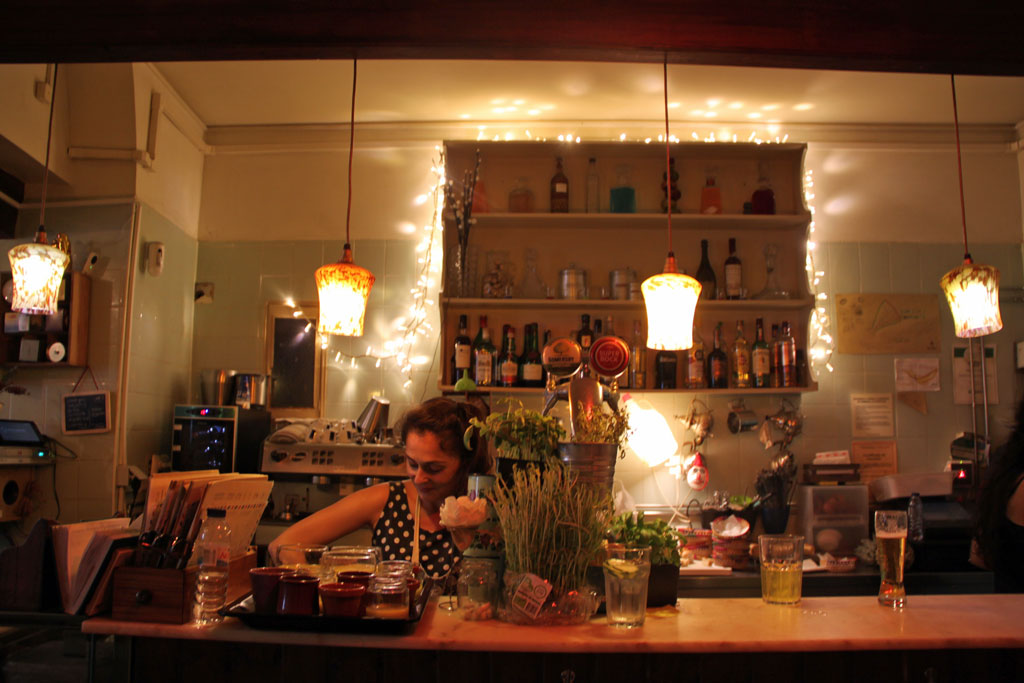We can't find the internet
Attempting to reconnect
Something went wrong!
Hang in there while we get back on track
Search results for "Francesca Savoldi"
Lisbon
Drink Local: Lisbon's Craft Beer Revival
Portugal may be known for its abundance of wines, but beer also has a centuries-old history here, with production rooted in local traditions. It’s a story that has quietly been forgotten, but it seems like now is the right moment for a revival. Portugal’s beer landscape has since the 1940s been dominated by the Sagres-Super Bock duopoly, whose common lagers are nothing to write home about. Created out of a merger between previously competing associations, these two new brands (grouped under Central de Cervejas e Unicer) had a huge impact on Portuguese beer habits. The new industrial focus on a simple and standard product effectively wiped out hyper-local hops culture.
Read moreLisbon
Santa Apolónia: Station to Station
Cities experiencing rapid urban transformation often find themselves suspended between past and future, with those respective cultures in close juxtaposition. The Santa Apolonia train station, a simple neoclassical building from the 19th century that once served as Lisbon’s central rail hub, is a good example of this; a visit to its north and south sides reveal different routines, atmospheres and of course, flavors. On the waterfront, a few former dock warehouses are the home of gourmet palates. Cais da Pedra, the project of the famous chef Henrique Sá Pessoa, is a modern restaurant decorated in stone, iron and mirrors.
Read moreElsewhere
O Pazo de Lugo: Galician Formula
Galician restaurants have had a strong presence in Madrid since the 1950s, when the northwestern region’s economic crisis triggered a solid exodus of people towards industrial Spanish cities. This migratory wave, alongside the fact that Galician gastronomy was (and still is) considered one of the best in the country, meant a boom of new restaurants in the capital. It was in the 1970s when brothers Francisco and Marcial Javier moved to Madrid from Lugo, an interior city of Galicia known for its Roman walls, rainy weather and rich food.
Read morePorto
Matosinhos: Song of the Sea
Matosinhos, a small city just north of Porto, is used to change. It has an industrial air to it, due to its 19th-century harbor, and its past prosperity was connected to the fish-canning sector, which peaked during World War II and declined from the beginning of the 70s. The numerous abandoned warehouses attracted nightlife during the 1990s, with clubs finding a fertile zone for noise. The completion of the long-delayed tidal pool, built by Portugal's starchitect, Alvaro Siza (who was born in the city), put it firmly on the map again after the project was delayed for decades. In January, the launch of the new, spiralling cruise ship terminal added to the contemporary design-y feel that has been developing on its otherwise rugged coastline.
Read moreLisbon
Holiday Gifts in Lisbon: A Carioca's Coffee
Though ceramic dishes or tinned sardines are the standard take-home souvenirs for visitors to Lisbon, a less traditional – but still unique – gift from the city is the source of the warming aroma that permeates its cafés morning, noon and night. A strong bica (espresso) is an integral part of Lisbon’s smellscape, and the few chimneystacks in sight over peripheral skylines reveal that there are still local businesses providing beans to restaurants and traditional stores here. Consuming this product, which has a long history, is deeply embedded in the city’s day-to-day, but cultural shifts (today it is quaffed more at the bar rather than at home), means many of the old coffee shops are now obsolete.
Read moreLisbon
Best Bites 2016: Lisbon
Lisbon is still one of the best cities in Europe for fresh, unpretentious seafood dining, despite the onslaught of fads and newfound taste for speculative real estate. Eating mollusks here – as at a cervejaria-marisqueira, a sort of old-school beer and seafood house – is not at all associated with the luxury it symbolizes elsewhere. Here, it is normal to dig out the insides of unique, claw-like barnacles or suck the heads of the freshest prawns for a decent price in a genuine atmosphere. And in such restaurants, forget the lime tart or crème brûlée afterwards: the purist’s dessert after a shell-laden chowdown is a prego – a garlic-laced beef sandwich that couldn’t be fancy even if it tried.
Read moreLisbon
Estrela da Bica: Local Star
Despite being home to Lisbon’s most photographed street, Bica has maintained its close-knit-community feel, with encroaching internationalization still held at arm’s length from these bumpy cobbled lanes and steep stairways. The small residences here have generally been passed down through generations, meaning a steadfast family vibe where everyone’s laundry is, literally, there for all to see. Estrela da Bica is a cozy, rustic restaurant at the bottom of this tiny hill district that perhaps marked the first sign of middle-class interest here. Historically inhabited by fishing families, Bica is becoming increasingly touristy by day and, thanks to the several bars around, more of a hangout at night.
Read more